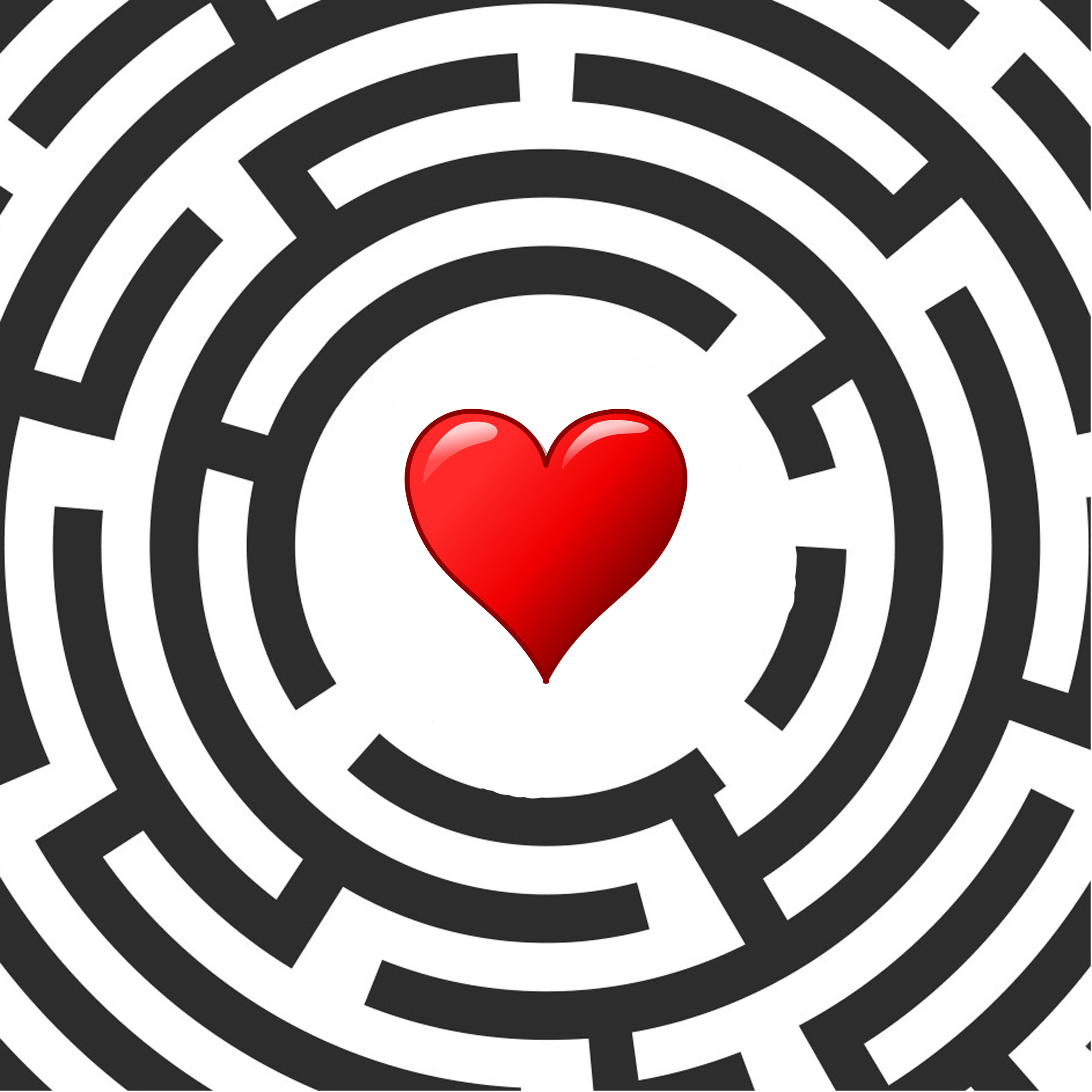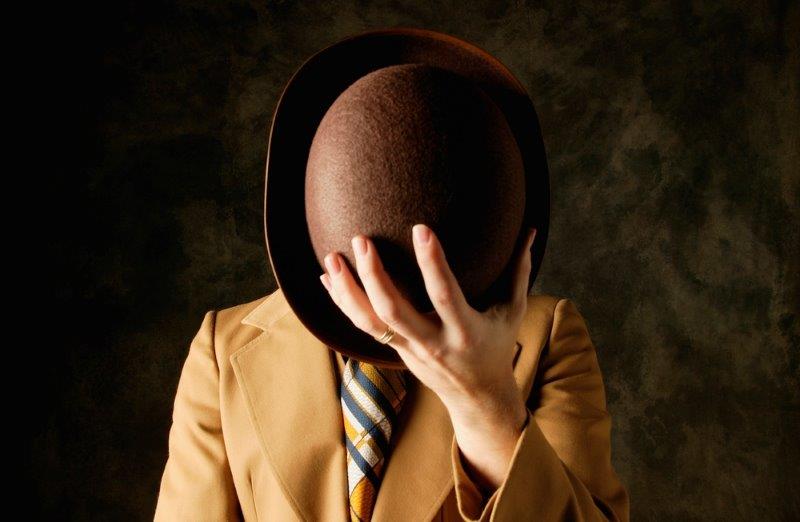An ex-girlfriend once told me after we had had our first date that one of her initial impressions of me was that I wasn’t as good looking in reality as I was in my profile photos.
It obviously wasn’t enough to stop her going out with me but I came to recognise that she had a point.
Like many people, in the right lighting (ie dark) and from the most flattering angle (ie the most misleading) I lose a few pounds and look about ten years younger.
My ex-girlfriend has not been the only person to say it. Perhaps some of those dates which I suspected might be a bit out of my league and which politely told me they were not interested might have been thinking the same thing.
False advertising?
Almost every piece of dating advice ever tells us to use the best possible pictures of ourselves.
But are we really doing ourselves a favor if we use photos on our profile that don’t look like the everyday us?
For example, a friend of mine was recently complaining that she gets rejected a lot on dates. She asked me to take a look at her profile and one thing immediately struck me.
Her pictures were good. Really good. Some were almost movie star good. Not filtered, that’s a whole other subject, but let’s say the angles and lighting were selected with extreme care.
They were so good in fact that they didn’t really look like her at all.
They were, of course, good enough to get her dates. But what her dates saw when they met her was not the carefully-lit, shot from the most flattering angle her. It was not movie star her. It was the real her.
Giving it your best shot
These thoughts often lead me into a dispute with another friend who argues that putting anything other than the very best pictures on your dating profile is outright stupidity.
But what’s the point in having your best pictures if they don’t look anything like the real you, I ask?
All you are doing is luring people on dates with you under false pretences which will inevitably lead to disappointment.
What they will do is get you dates, he counter argues. That’s justification enough.
So does he have a point? It’s a big stretch from suggesting that just because some photos can give an unrealistic portraits of us that we should drop them.
The middle ground
I see these kind of photos as a virtual shop front – something pretty to encourage people to match with us.
As long as they are mixed with photos that represent us as we really are, they can only do us good.
But that’s an important proviso.
How do we know whether our photos are really offering a true likelihood of ourselves?
Perhaps the only way to know if this is the case is to ask a few other people their opinion.
And if you do that be ready for a possible ego bruising.
The other day I asked a female friend to give her opinion on my profile pics.
Her finger hovered for a moment over my opening photo – one in which sometimes say I look like a famous A-lister – and then moved on to the next one.
“Now this,” she said, relief in her voice at being able to say something positive. “This is good.”
“The first one is very popular,” I said.
“Yes,” she said after a pause. “But the second one looks just like you.”





